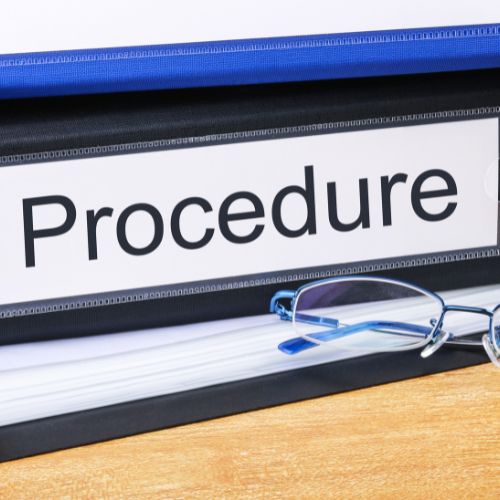A recent Decision of the
Industrial Tribunal in Belfast serves as a useful reminder to employers about
the procedures that should be followed when dismissing, or taking disciplinary
action against, an employee.
In the case of Ciara Hambly v The Board of Governors of
Enniskillen Royal Grammar School (8256/18IT), the Claimant was awarded the
sum of £3,106.88 as compensation for an automatically unfair dismissal as a
consequence of the employer’s failure to follow the statutory dismissal and
disciplinary procedures set out in the Employment (Northern Ireland) Order 2003;
more commonly referred to as the “three step procedure”.
Ms Hambly worked for the
Respondent as a Modern Languages teacher and was simply informed by letter
dated 29 May 2018, which she received the next day, that her employment was
ending. The Tribunal determined that there was a significant failure to follow
the relevant statutory procedures in this regard; in particular, there had been
“no interview, no decision and no appeal”. The case was heard by the Vice President of
the Tribunals who commented in the Decision that the Respondent “…committed a serious procedural
error. It…failed to follow the statutory
three step procedure which has been in place within this jurisdiction for some
fifteen years. It is extremely
regrettable that the respondent failed to follow a widely known and obvious
procedure.”
Those procedures can be
summarised as follows:
Step 1: statement of grounds for action and invitation to a meeting
The employer must set out
in writing the employee’s alleged conduct or characteristics, or other
circumstances, which lead it to contemplate dismissing or taking disciplinary
action against the employee. The letter
must be sent to the employee, and the employee invited to a meeting to discuss
being advised of his/her right to be accompanied by a work colleague or Trade
Union Official.
Step 2: the meeting
A meeting should be held to
discuss the potential disciplinary action.
By this stage, the employee should have been made aware (via the step 1
letter) the purpose of the meeting/the allegations, and had a reasonable
opportunity to consider a response to that information. The employee must take all reasonable steps
to attend the meeting and should be provided with the outcome of the meeting in
writing and advised of the right to appeal.
Step 3: the appeal
If the employee exercises the
right to appeal, the employer must invite the employee to attend a further
meeting, again advising the employee of his/her right to be accompanied. As above, the employee must take all
reasonable steps to attend the meeting and afterwards the employer must inform
the employee of its final decision in writing.
In the Hambly case, the compensation awarded to the employee was
ultimately limited, given the Tribunal’s finding that the Claimant’s employment
would have ended in June 2018 in any event. However, an employer should always
be conscious that any failure to follow the statutory procedures can be costly
should a Tribunal claim result. Upon
determination that a dismissal has been automatically unfair, the Tribunal can
award a minimum basic award of 4 weeks pay, unless it considers that would
result in injustice to the employer, and any compensatory award due to the
employee (e.g. lost wages) can be increased by between 10-50%.
Of note, the procedures set
out in the Employment (Northern Ireland) Order 2003, which are summarised
above, are the minimum procedures that should be followed. When considering dismissing or taking
disciplinary action against an employee, employers should also consider their
own internal procedures to ensure that these are also compiled with and take
legal advice as/when appropriate.
Katie Buchanan is a
solicitor in Worthingtons Solicitors in Belfast specialising in employment law
and regularly provides ongoing advice and assistance to employers on a range of
employment law matters, including disciplinary processes. Katie can be contacted on 02890434015.


